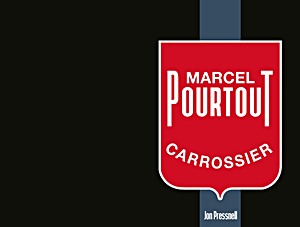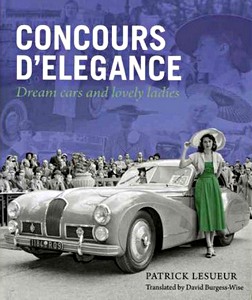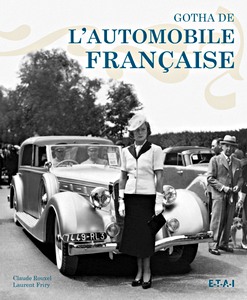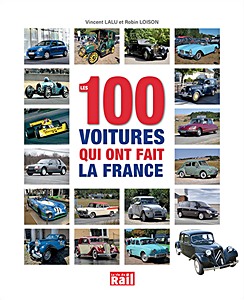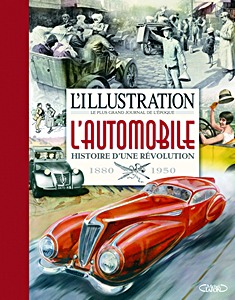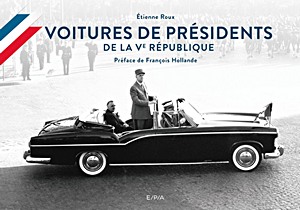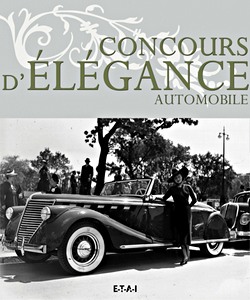Figoni on Delahaye
This book highlights the artistic mastery of Joseph Figoni and his elegant designs for Delahaye automobiles. It explores his creative process through sketches, models, and rare surviving artifacts.
Modern photographs, including those by Michael Furman, capture the timeless beauty of Figoni's restored masterpieces. The Figoni Archive, featuring notebooks, vintage photos, and historical documents, provides valuable insights into these legendary cars.
The book presents over fifty Delahayes with Figoni's signature coachwork, offering detailed descriptions of each. An appendix, "Joseph Figoni's Designs and Drawings", includes many previously unpublished sketches.
Claude Figoni shares the story of his father's journey from modest beginnings to becoming one of France's leading coachbuilders. Richard Adatto offers personal reflections on his experiences with collectors and the restoration community.
Product details
| Author: | Richard Adatto, Diana Meredith, Michael Furman |
|---|---|
| Details: | 328 pages, 11.2 x 9 x 1.42 in (28.5 x 24 x 3.6 cm), hardback |
| Illustrations: | 302 b&w and color photos |
| Publisher: | Dalton Watson Fine Books (USA, 2023) |
| ISBN: | 9781956309133 |
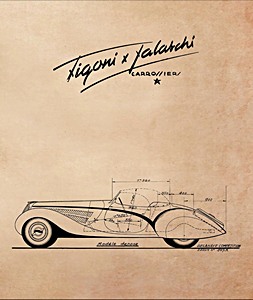
Figoni on Delahaye
Language: English
Available on Amazon - safe payment and fast delivery
Buy on Amazon.comBuy on Amazon UK
Buy on Amazon CA

